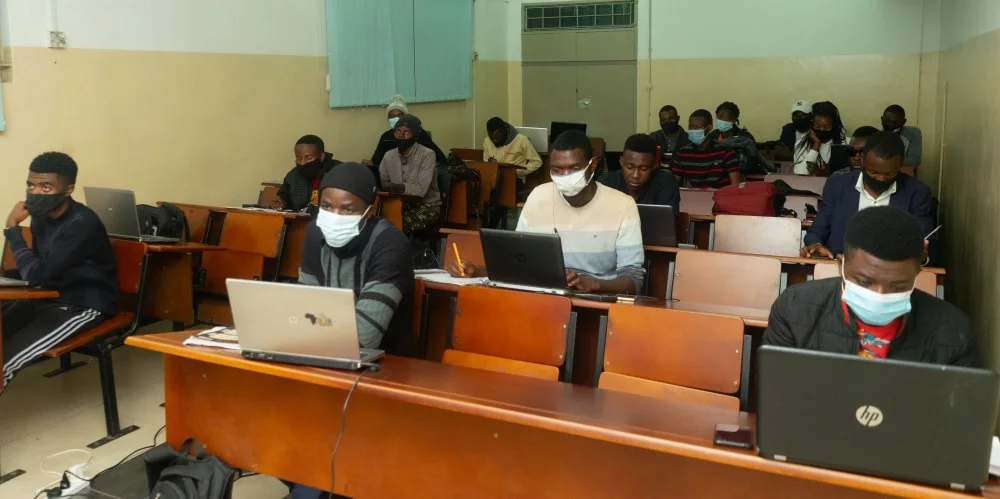HAMK and Fida collaborating for accessible quality education in Kenya

Häme University of Applied Sciences is collaborating with Fida to investigate the possibilities for launching an open university concept in Kenya to promote life-long learning.
A significant share of the population in Kenya lives on agriculture, but access to quality agricultural education is very limited among farmers. As part of PBL-BioAfrica, a project for building educational capacity and quality in the fields of bioeconomy and agriculture in Kenya and Zambia, HAMK will launch an open university concept in the two countries. Promoting entrepreneurial skills and life-long learning is highly important in improving the profitability in the agricultural sector.
The Finnish civil society organisation Fida International is doing field work in Kenya to investigate the regulatory framework, the universities’ capacity to provide open education, and the readiness of the target groups for attending courses. The quality of the education is ensured through collaboration with the most prestigious universities that offer agricultural and agribusiness training in Kenya.
The main target groups are people in rural areas who have never had access to high-quality education. Fida is focusing especially on reaching youth and women, who are underrepresented in both education and the labour force.
“We are excited to be involved in this collaboration, as agriculture and food security are one of the pillars in our work”, says Paula Konttinen, Regional Development Cooperation Manager for East Africa at Fida. “Everyone has the right to quality education, and this right is not fulfilled for a huge population.”
In the investigation, Fida collaborates with the Kenyan partner universities of the project PBL-BioAfrica: the University of Nairobi, Egerton University and South Eastern Kenya University. Fida is also cooperating with two other non-profit organisations: the Kenya National Farmers’ Federation and Dandelion Africa, a grassroot organisation for empowering women economically and improving healthcare in hard-to-reach rural areas. These collaborations allow a wider reach of people in the whole country, and possibilities for the organisations to provide practical agribusiness projects as part of the open education courses in the future.
The collaboration is funded by the Ministry for Foreign Affairs in Finland and channelled through Fingo.